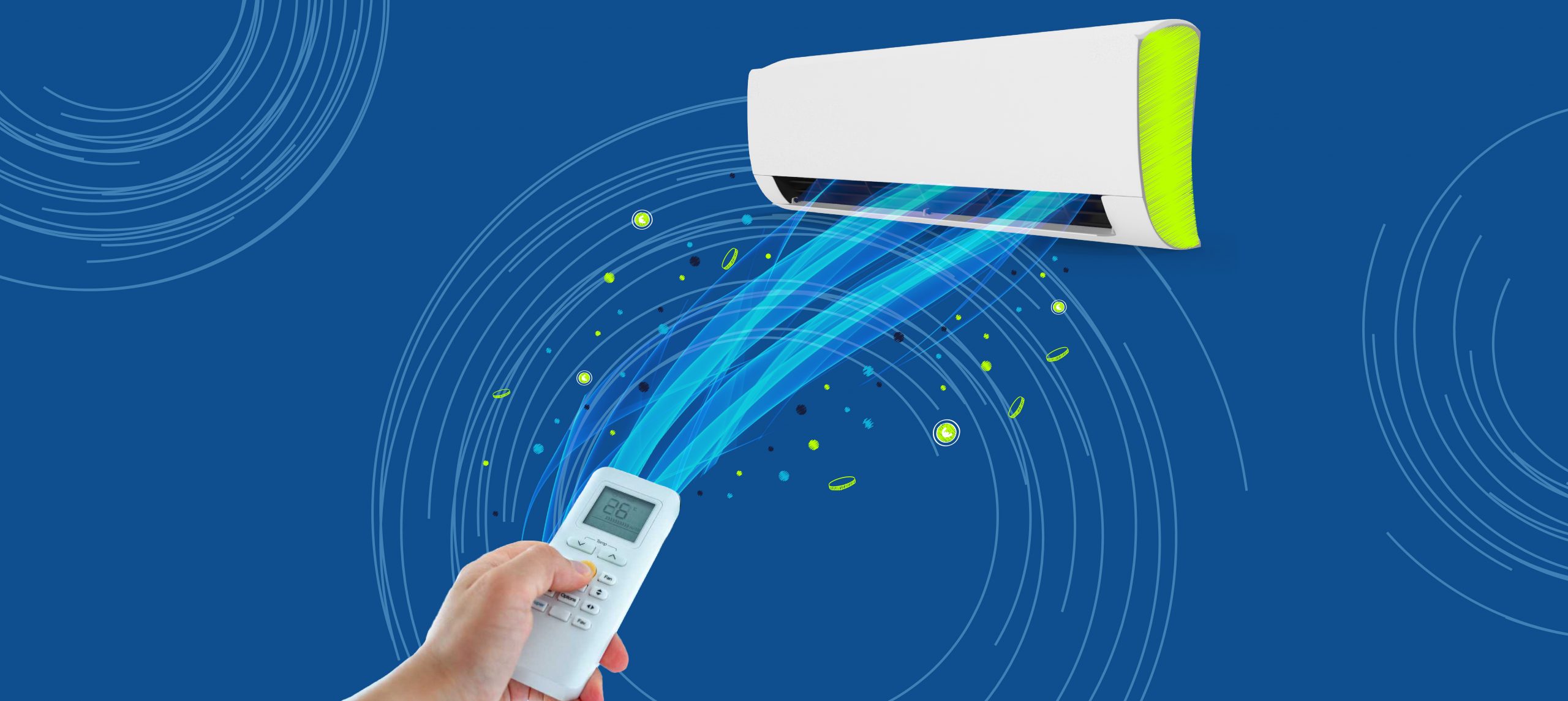
With the arrival of sweltering heat and oppressive humidity, the air conditioner becomes a valuable ally, making it hard to do without, even for those who normally prefer not to use it. However, with a few simple measures, you can enjoy the relief of more bearable temperatures without wasting too much energy, reducing environmental impact and saving money.
In this context, conscious use can truly make a difference. Here are some suggestions:
1) Air Conditioner: Yes or No? Only When Necessary
It’s crucial to understand that air conditioners consume a lot of energy, so their use should be limited to when you’re present in the room and only when truly needed to avoid unnecessary energy consumption.
2) Choosing the Right One is Key
Only buy air conditioners with an energy rating of no less than A. They cost more upfront, but the expense pays off quickly thanks to lower energy bills. These appliances can reduce energy consumption by up to 30%.
3) High Placement is Better
Air conditioners should always be installed in the upper part of the room since cold air tends to sink downward. This placement maximizes cooling efficiency. Additionally, avoid placing the unit behind curtains or other objects that could block the flow of conditioned air.
4) Pay Attention to Filters
It’s well known that air filters should be checked at least once a year to prevent contamination from mold and bacteria. In fact, regular maintenance also helps limit energy consumption. A clogged filter makes the air conditioner work harder to cool the space, thereby increasing energy usage.
5) Don’t Overdo It, Especially at Night
Even when it’s very hot, avoid setting the air conditioner to a temperature much lower than the outdoor temperature.
The ideal setup should ensure comfort indoors without unnecessary waste: generally, 5–8°C lower than the outside temperature is sufficient.
At night, air conditioners should be turned off, except in extreme cases. If left on, the temperature should not drop below 25–26°C.
Humidity is the wild card of our summers and is the factor that most significantly increases the perception of heat. High levels of water vapor in the air hinder sweat evaporation, a key mechanism for regulating body temperature. This is why high humidity levels make the heat feel worse than it actually is.
For this reason, when purchasing, it’s important to know the difference between an air conditioner and a dehumidifier.
Air conditioners generally consume more energy because they cool the air while removing humidity, whereas dehumidifiers simply extract moisture. An air conditioner can consume between 1,000 and 2,500 watts per hour, while a typical dehumidifier uses between 300 and 700 watts per hour. However, many modern air conditioner models offer a combined function that allows them to be used as dehumidifiers only.
Bonus Tip: to save on overall energy consumption at home or work, it’s worth carefully evaluating your energy provider. This year, with the introduction of the free market, making an informed choice is crucial to minimizing unnecessary expenses.
Want to learn more about saving and sustainability?
Discover all the activities at the Museum, visit our website, and check out our blog.
July 24, 2024
